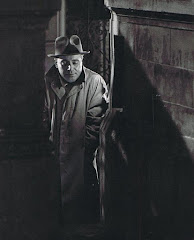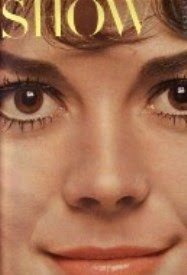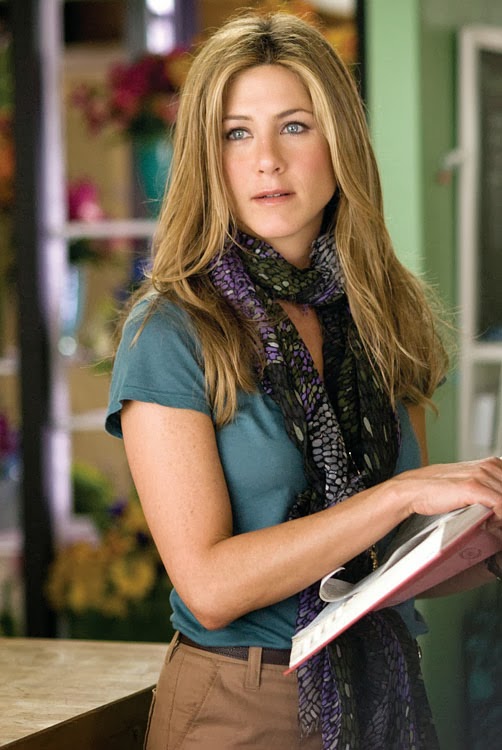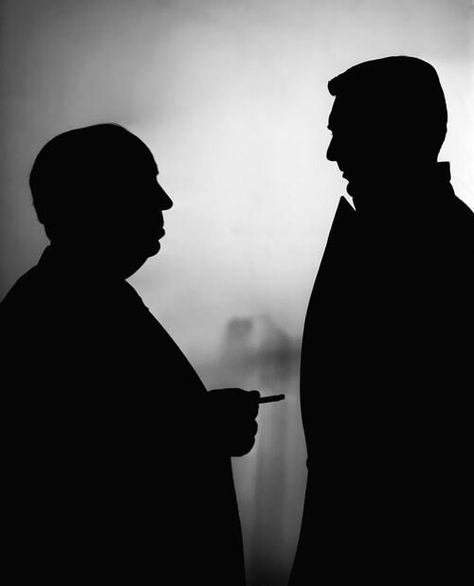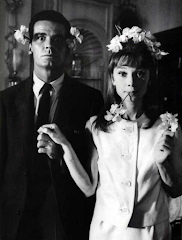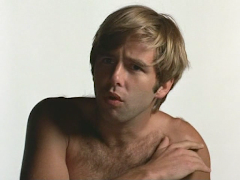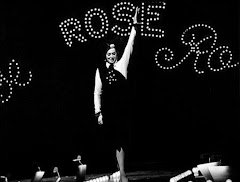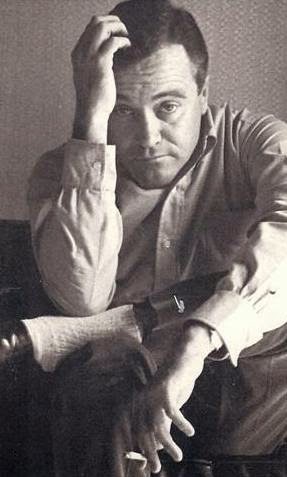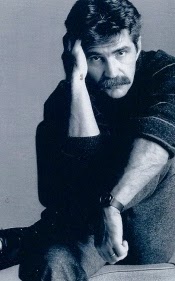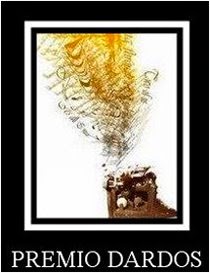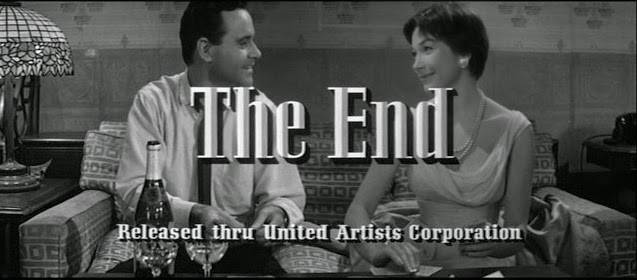 On paper, the
proposed remake of “Carrie” is nothing short of fabulous, what with Kimberly
Pierce as director, Chloë Grace Moretz and Julianne Moore, as her well-cast stars, and writer Lawrence D. Cohen recruited
to update the lean script that he wrote for the Brian DePalma original in 1976.
On paper, the
proposed remake of “Carrie” is nothing short of fabulous, what with Kimberly
Pierce as director, Chloë Grace Moretz and Julianne Moore, as her well-cast stars, and writer Lawrence D. Cohen recruited
to update the lean script that he wrote for the Brian DePalma original in 1976.
But, in execution, the completed film is
something else, and part of me would like to point to Marvel Comics wunderking Roberto Aquirre-Sacasa, brought in as co-scenarist and to seemingly mess up Cohen's model script, specifically the ending. Seemingly (I hasten to stress).
Whatever the reason, a mess it is.
While DePalma’s “Carrie” is unusually painterly
for a horror film, Pierce’s is blunt and, frankly, crass, qualities in full
view in the film’s gross and gratuitous opening sequence – in which Margaret
White (Moore) is a frantic, demented bystander to the blood-spurting birth of
her own daughter, Carrie. While Piper
Laurie was almost ethereal as the religious-nut mother in the first film, poor
Moore is presented as a perspiring, smelly hag. As for the gifted Moretz, she
does little else here than walk around with her shoulders squeezed up to her ears.
It’s a hunched performance in more ways than
one. Sissy Spacek, twice Moretz's age when she starred in the original, somehow seems years younger - a permamently, fascinatingly stunted child, if you will.
Pierce, whose first two films (1999’s “Boys
Don’t Cry” and 2008’s “Stop-Loss”) I admire, may be a case of someone who was prematurely lauded
by the critics. Aside from being hardly
prolific, she seems to lack a feel for the camera’s eye. Pierce inarguably knows a solid story
when she sees one and she’s a good director of actors, but she simply isn’t a filmmaker. And that’s what sets her apart from Brian DePalma
who is.
And it’s what makes her film so wildly different from – and inferior to –
the original. The new “Carrie”
underlines Kimberly Pierce’s few strengths as a director, as well as her major weaknesses as a
filmmaker.



